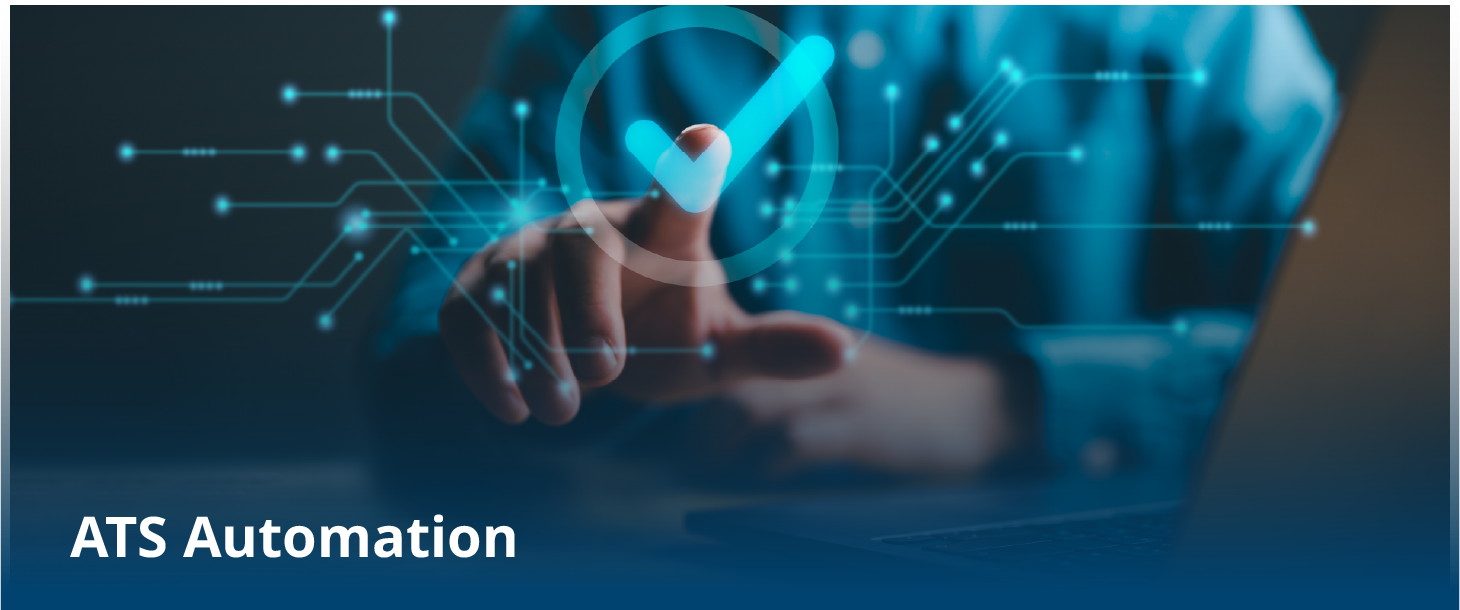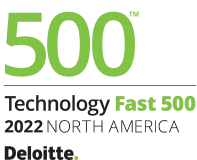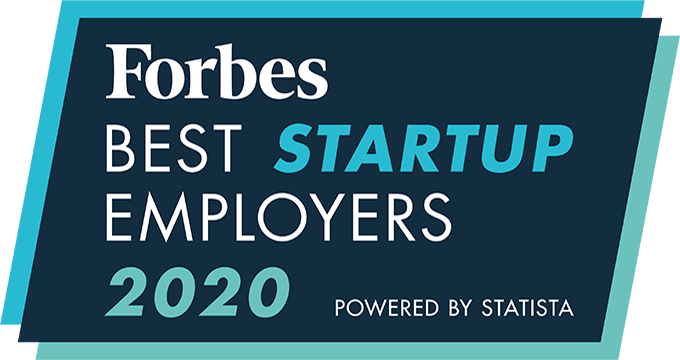Technology is progressing rapidly around us, and it’s no surprise that it has found its way into recruiting. Since the invention of the ATS, recruiters have been leveraging technology to make their jobs easier and faster. The same holds true today, with improvements being rolled out regularly to all aspects of the recruiting process. One big area of focus has been artificial intelligence and talent acquisition.
The Resume
While recruiters take on many tasks day-to-day, their main goal is to find top talent for their clients. That process often starts with the resume. However, this is often where the process begins to slow down. According to ideal, 52% of talent acquisition leaders say the hardest part of recruitment is screening candidates from a large applicant pool.
How large is large, exactly? Glassdoor states that each corporate job offer attracts around 250 resumes. Of those, around five will be interviewed and, of course, only one will get the job offer. It can be daunting (and no doubt exhausting) to recruiters to have to read 245 “unused” resumes in order to find the most qualified candidates. How do they do it? Quickly.
And, unfortunately, not always correctly.
Time & Bias
Time and bias are two aspects of human behavior that affect the recruiting process and, often, slow it down or disrupt it altogether. Let’s first look at the time aspect: a 2018 study by Ladders Inc. revealed that the average recruiter only spends 7.4 seconds per resume.
So, with only a few seconds to spend per resume, how can a recruiter ensure that they don’t spend too little time with each candidate? How can they know they’re not potentially overlooking extremely qualified candidates just because that candidate happened to be number 187 out of 250 and got lost in the shuffle?
The disheartening answer is, they really can’t. Candidates just have to hope that the recruiter is sharp, focused, and doing their best with each and every resume that comes across their screen/desk.
Unconscious bias also plays into the recruiting process, and it’s something that, as the name suggests, is unconscious and out of the recruiter’s control. While most recruiters know that things like race, gender, education, and age need to be ignored when making hiring decisions, other aspects can come into play without the recruiter realizing. These can include things like affinity bias, confirmation bias, and even conformity bias.
The long and short is that humans are complex creatures and despite our best efforts to ignore outright biases, some subliminal thoughts can creep in and ruin objective hiring. How can this, paired with the time crunch recruiters are facing to find qualified candidates, be overcome effectively and easily? Here’s where artificial intelligence (AI) enters the scene.
AI Candidate Matching
Artificial intelligence is here to solve the resume crisis. More and more companies have been adopting “smart” platforms that utilize AI to automatically highlight ideal candidates in some way. This intelligent screening software automates the resume screening process by applying machine learning to the existing resume database. The software/program will learn which candidates moved on to become successful based on performance, tenure, turnover rates, etc. More importantly, AI can learn what experience, skills, education, and other qualities make for better-qualified candidates and then automatically rank, order, and shortlist them.
By doing so, the time recruiters spend reading 250 resumes is drastically reduced. Given powerful analytics, recruiters can selectively read only the top 10-20 resumes that show up as a match for the set job requirements. This not only saves them time, but also gives them a proactive advantage to reach out to these candidates before anyone else does, thus making them more likely to secure highly-valuable candidates.
This also gives the recruiter more time to spend actually conducting in-person interviews and building real relationships with candidates before making a hiring decision. By reducing time removing unqualified applicants, the real applicants can get more attention.
Talk about a win-win.
Where can you get your hands on powerful AI for recruiting? You guessed it: Ceipal has everything you need to optimize your recruiting processes and effortlessly match candidates with jobs.
Stop wasting resources on unqualified candidates and start getting who you need in a quarter of the time.








